Dinar continues to plummet
The dinar has fallen eight percent against the euro in the space of a fortnight.
Thursday, 16.10.2008.
16:42

The dinar has fallen eight percent against the euro in the space of a fortnight. Economists say the trend is likely to continue. Dinar continues to plummet No one can exactly say what the value of the dinar will be by the end of the year. One thing that is obvious is that the dinar's value depends a lot on the economic situation in Europe. Even though the sale price in the National Bank of Serbia today was under RSD 83 for one euro, exchange offices are already charging about 83.50. Citizens are mostly exchanging small sums of euros at the moment, only the ones they have to, they say. The majority believe that the euro will keep getting stronger, but that they are also relying on the state and the National Bank’s foreign currency reserves. Exchange offices say that it is business as usual and that there is enough money in all offices, but add that it would not be good if the euro’s value exceeded RSD 84. “There were people waiting for a slightly stronger exchange rate and that has occurred. There were also offers of foreign currency in large quantities, but there were sales too. So it has balanced out. There is no need for alarm. There could be problems if the rate rises over 84,” Nenad Nikolic of the Dok exchange office says. Economists say that the currency fluctations this time not only depend on the economic climate in Serbia, but also on European markets. Serbia finances its spending through loans and investments from Europe. Due to the crisis, there is less and less investment. According to the economists, once the European stock markets settle, we can expect stabilization of the domestic inter-currency market. "I believe that RSD 84 is the level when the National Bank will strongly intervene, because it compromises its projection for the base inflation rate," Goran Nikolic, an economy analyst, says. The euro reached its peak after the parliamentary elections when it hit RSD 84, and its lowest on August 7 when it was worth RSD 75. Besides the Euro, the U.S. dollar also recorded a 20 percent rise. In order to prevent futher weakening of the domestic currency, the National Bank of Serbia (NBS) has poured in a total of EUR 80mn. On Wednesday, October 15, the NBS intervened with EUR 20mn, and on Monday 13, with EUR 60mn. Nevertheless, the value of the euro is expected to rise again tomorrow.
Dinar continues to plummet
No one can exactly say what the value of the dinar will be by the end of the year.One thing that is obvious is that the dinar's value depends a lot on the economic situation in Europe. Even though the sale price in the National Bank of Serbia today was under RSD 83 for one euro, exchange offices are already charging about 83.50.
Citizens are mostly exchanging small sums of euros at the moment, only the ones they have to, they say. The majority believe that the euro will keep getting stronger, but that they are also relying on the state and the National Bank’s foreign currency reserves.
Exchange offices say that it is business as usual and that there is enough money in all offices, but add that it would not be good if the euro’s value exceeded RSD 84.
“There were people waiting for a slightly stronger exchange rate and that has occurred. There were also offers of foreign currency in large quantities, but there were sales too. So it has balanced out. There is no need for alarm. There could be problems if the rate rises over 84,” Nenad Nikolić of the Dok exchange office says.
Economists say that the currency fluctations this time not only depend on the economic climate in Serbia, but also on European markets. Serbia finances its spending through loans and investments from Europe. Due to the crisis, there is less and less investment.
According to the economists, once the European stock markets settle, we can expect stabilization of the domestic inter-currency market.
"I believe that RSD 84 is the level when the National Bank will strongly intervene, because it compromises its projection for the base inflation rate," Goran Nikolić, an economy analyst, says.
The euro reached its peak after the parliamentary elections when it hit RSD 84, and its lowest on August 7 when it was worth RSD 75. Besides the Euro, the U.S. dollar also recorded a 20 percent rise.
In order to prevent futher weakening of the domestic currency, the National Bank of Serbia (NBS) has poured in a total of EUR 80mn. On Wednesday, October 15, the NBS intervened with EUR 20mn, and on Monday 13, with EUR 60mn. Nevertheless, the value of the euro is expected to rise again tomorrow.










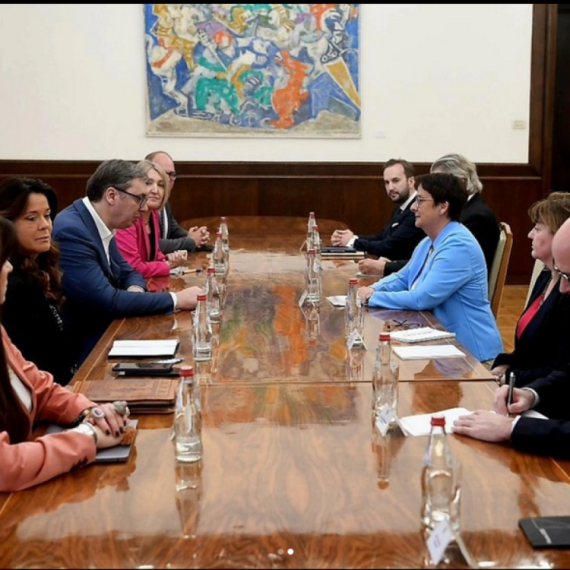
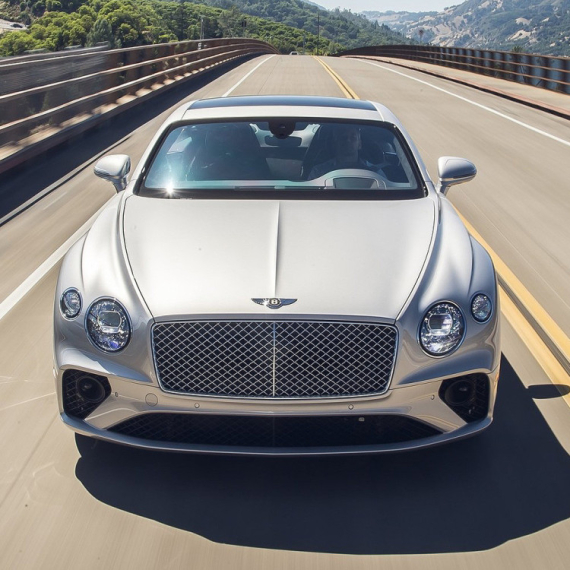


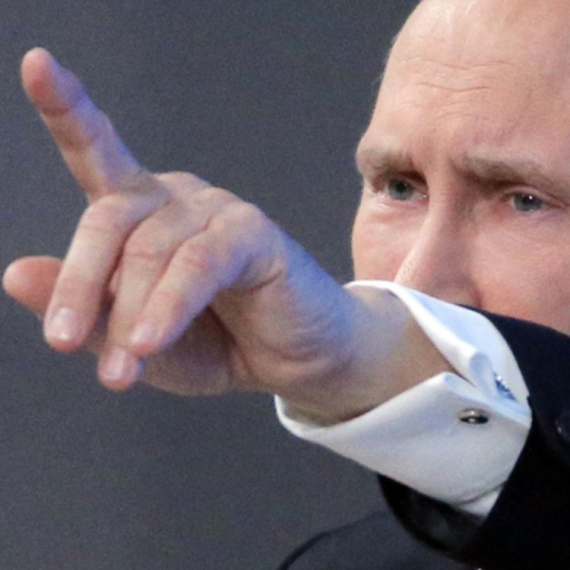
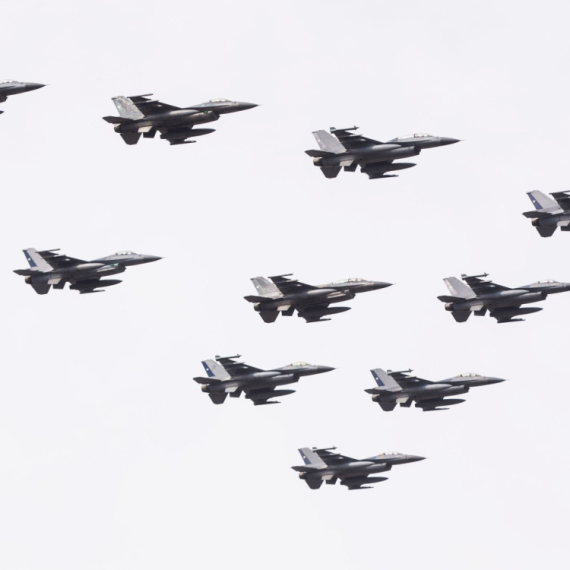

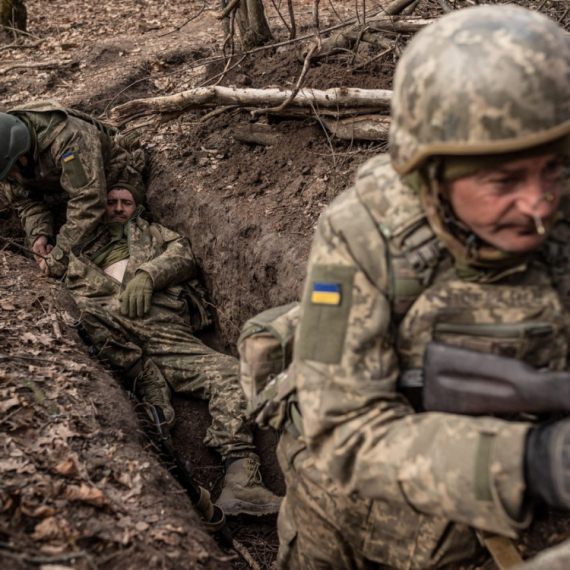
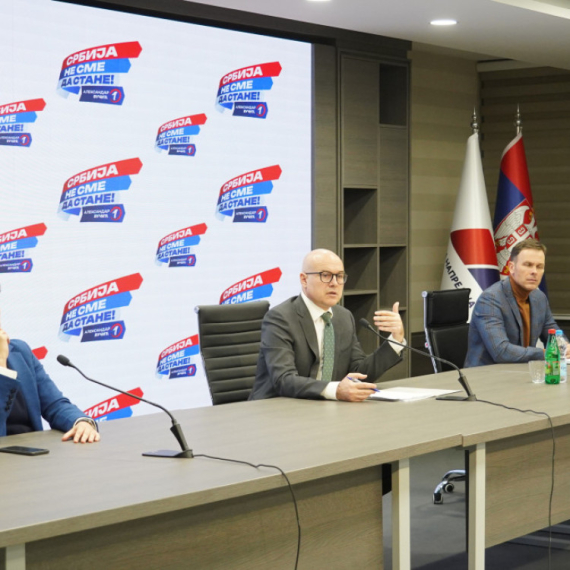
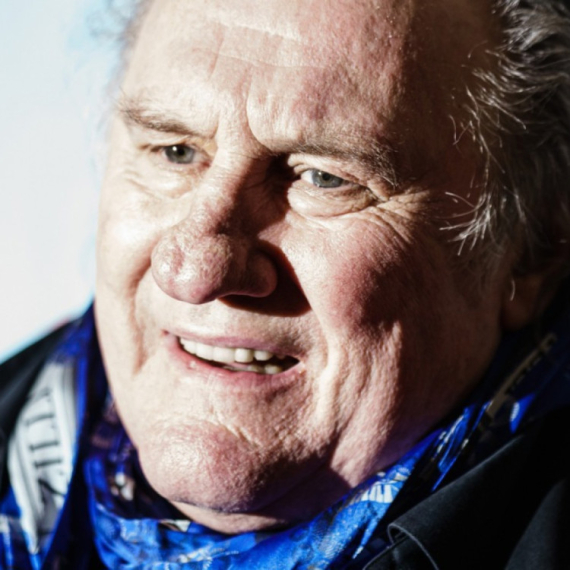
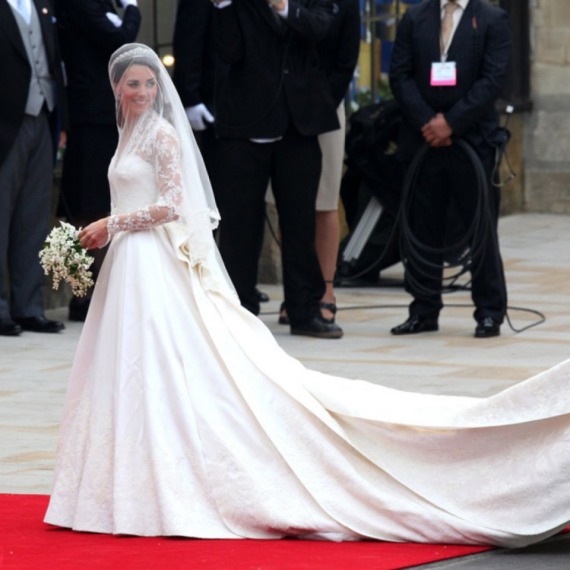
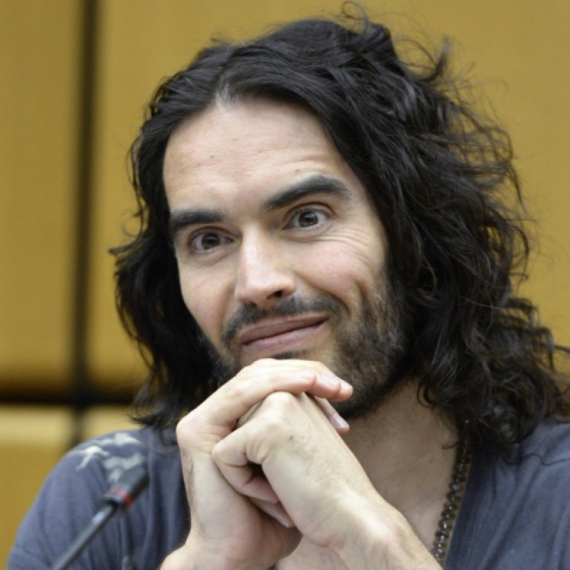




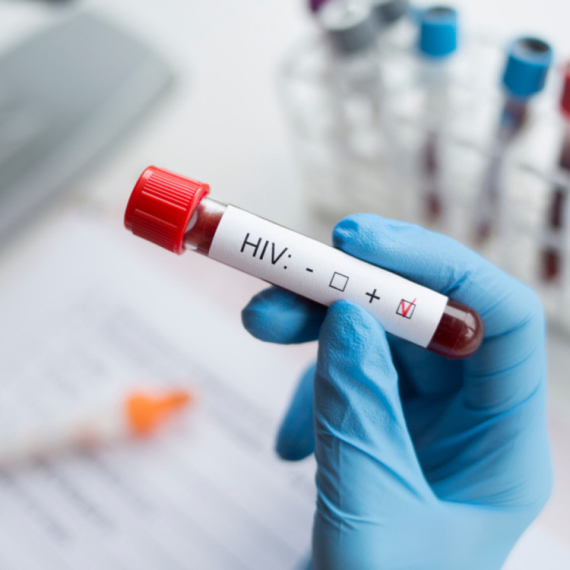















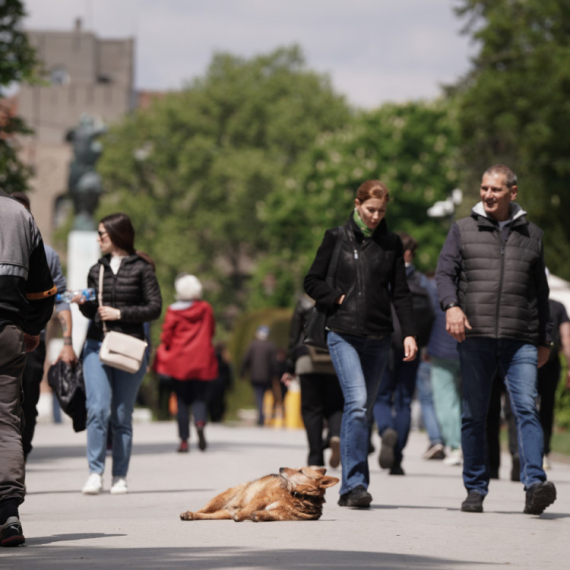


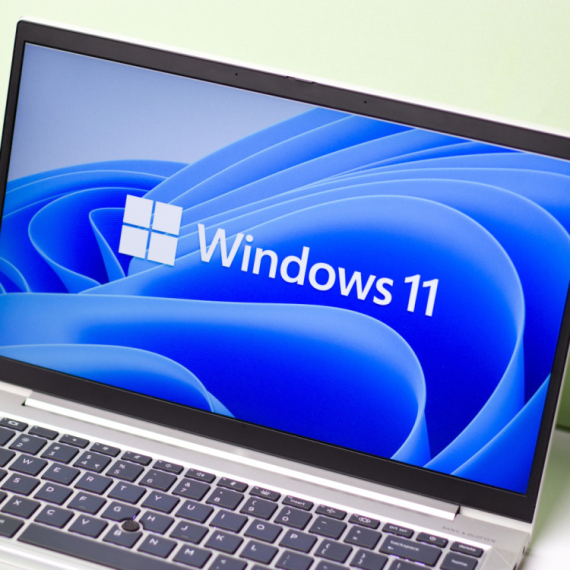


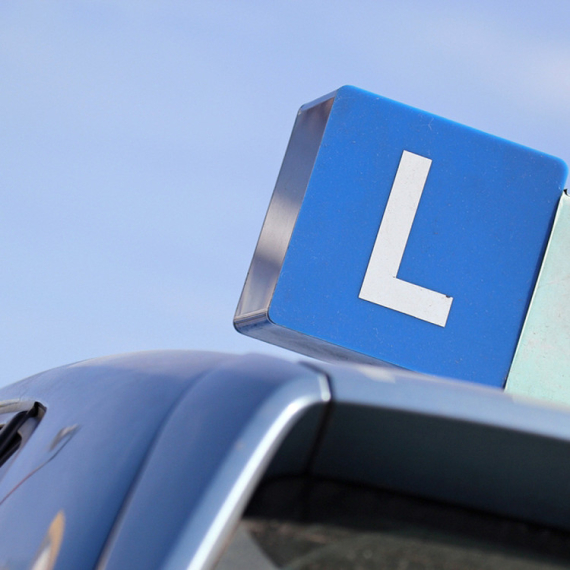
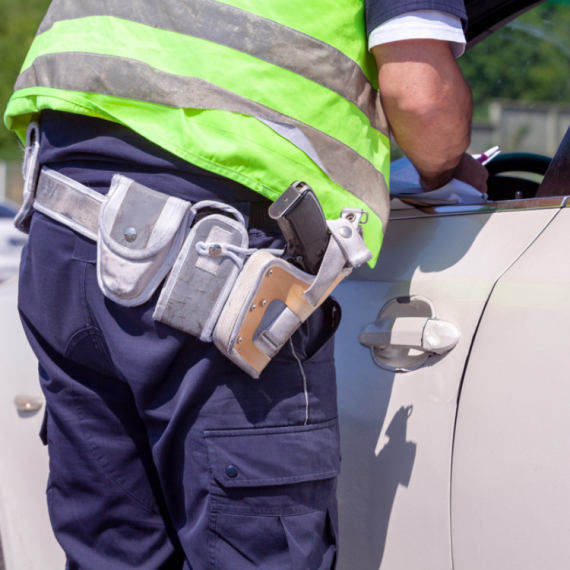


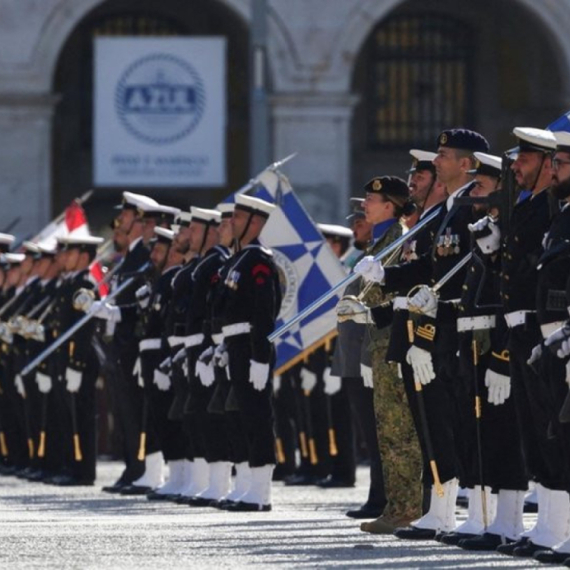
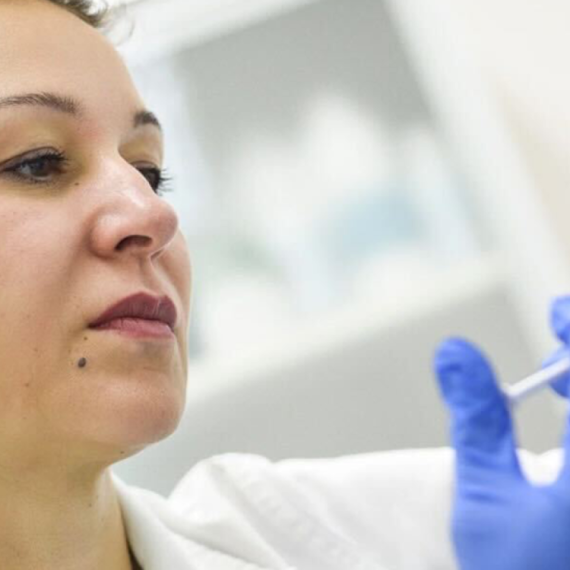
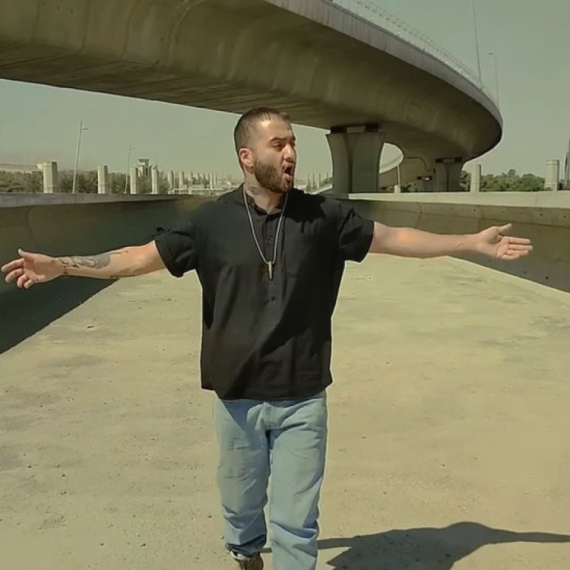
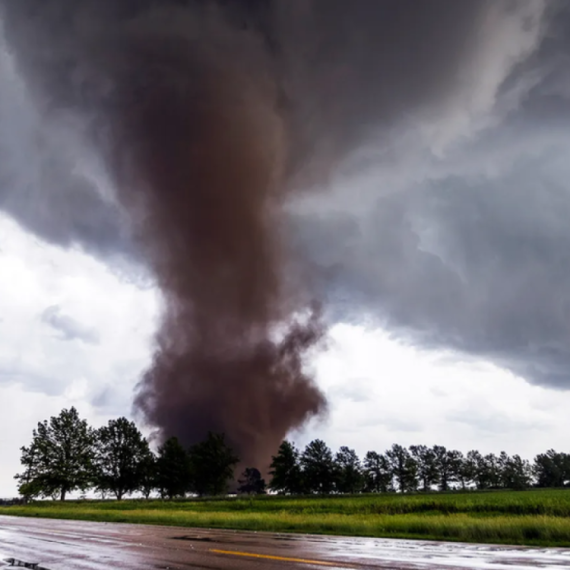


Komentari 3
Pogledaj komentare